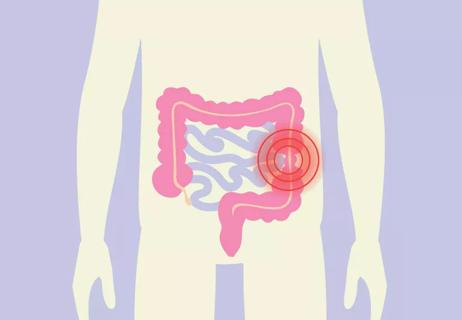
Opt for low-FODMAP foods, like grapes, carrots and soy milk, that are easy to digest and help create a balanced gut

A low-FODMAP diet or gluten-free diet could help you manage your symptoms, but only with professional guidance

Triggers can range from the foods you eat and the medications you take to how often you exercise and how stressed you are

Irritable bowel syndrome has many signs, but lower abdominal pain, constipation and swelling may mean you should see a healthcare provider
Advertisement
Cleveland Clinic is a non-profit academic medical center. Advertising on our site helps support our mission. We do not endorse non-Cleveland Clinic products or services. Policy

Changes in eating, exercise and sleep habits often can help reduce symptoms

Pediatric IBS treatment involves making dietary adjustments, getting mental health support and — in some cases — taking prescription medication

Symptoms of IBS usually include abdominal pain, coupled with bloating and more

Some symptoms you can treat at home, but others require a visit to the doctor

Find out which foods could be causing IBS symptoms

You don’t have to limit travel with proper planning
Advertisement
Advertisement